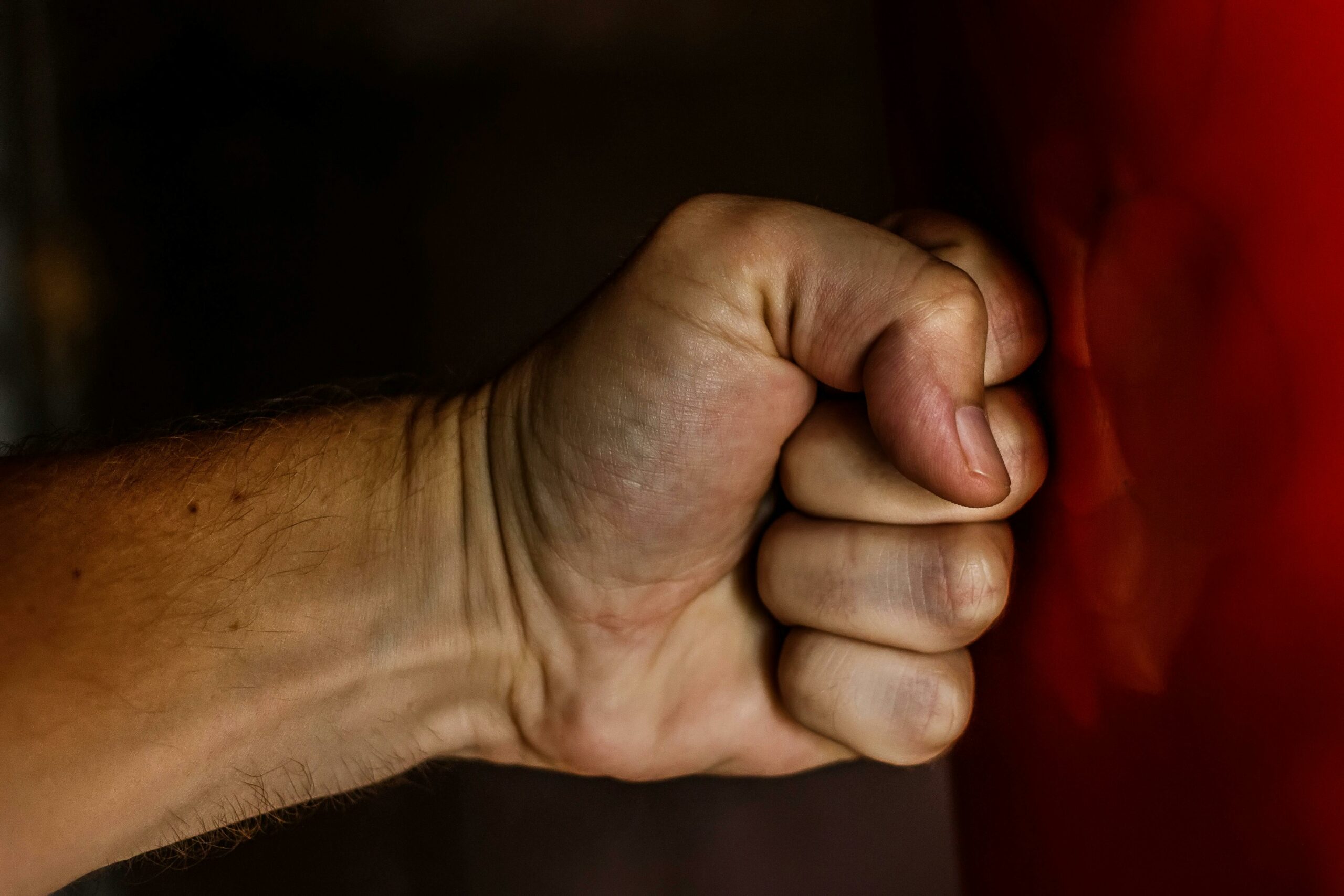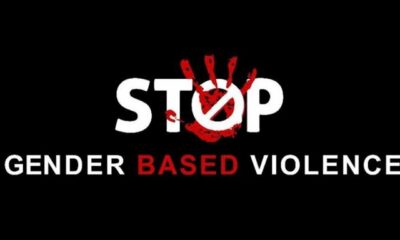News
“But You Made Me Do It”: Inside the Distorted Thinking That Fuels South Africa’s Gender-Based Violence Crisis

“But You Made Me Do It”: Inside the Distorted Mindset Abusers Use to Justify Violence
How anonymous confessions expose the twisted logic behind gender-based violence in South Africa
South Africa’s gender-based violence epidemic has been described in reports, policy papers, and police statistics. But behind every percentage is an actual woman who lived in fear
and a man who insists he “loved her” even as he terrorised her.
It is in the anonymous corners of the internetReddit threads, confession pages, private men’s forumswhere the truth spills out. Here, men who identify as former abusers reveal not only what they did, but how they justified it. And those stories reveal a terrifying constant: many abusers genuinely believe that violence grows from love, not power.
The Internet’s Dark Confessional Booth
South African social media users have long known that online anonymity brings out honesty people will never reveal in public. And in the case of GBV, those hidden confessions paint a disturbing picture.
One man wrote on Reddit, “I loved her with all my heart,” before admitting that he spent years beating and psychologically breaking down his partner. His explanation? His insecurity.
Another described attacking his girlfriend “like my hand had a mind of its own”framing the abuse not as a decision, but as something his body did to him.
A third said he stalked and manipulated multiple women across different relationships, but keeps it secret from his new girlfriend because “she doesn’t believe reformed abusers exist”.
The pattern is unmistakable:
Love, to these men, is fused with ownership, fear, and punishment.
Where Love Is Warped Into Control
Clinical psychologist Dr Jonathan Redelinghuys says the confusion starts long before the first slap or threat.
“Many individuals learn from childhood that love is tied to dominance,” he explains. “Boundaries don’t exist. Empathy collapses. Possession becomes affection.”
This is how genuine affection gets twisted into surveillance, jealousy, and explosive anger, behaviours often packaged as “I just care too much”. And when abuse escalates, the blame flips.
The old “look what you made me do” narrative appears again and again online, almost word-for-word.
Abusers insist they were pushed, provoked, or trapped.
Redelinghuys makes it clear: they see themselves as victims.
“Most do not view themselves as abusers or bullies,” he says. “They see their partner’s ‘bad behaviour’ as the trigger that forced their reaction.”
The Myth of ‘Losing Control’
Many perpetrators argue they “lost control”, as if the violence emerged from nowhere. But Redelinghuys says real loss of control is extremely rare.
“The moment of rage may feel overwhelming, but the behaviour is chosenand often repeated.”
Abuse doesn’t happen in a vacuum. Redelinghuys points to personality disorders, trauma, depression, and substance abuse as accelerants.
In South Africa, the equation becomes even more combustible. Substance abuse rates are high, especially in communities facing poverty and unemployment, conditions that increase both victim vulnerability and perpetrator aggression.
How Boys Learn the Wrong Lessons About Power
Therapist Julia Broodryk says childhood home dynamics often shape how boys learn to relate to love, power, and responsibility.
She emphasises that single mothers are not responsible for raising abusive men. But the pressures inside single-parent households can create emotional distortions.
When a mother carries everything alone, she may lean emotionally on her sonsomething she never intended to do. That boy becomes “the man of the house” without the emotional capacity to fill that role.
“He begins to resent the weight placed on him,” Broodryk says. “That resentment can turn towards women later in life.”
South African readers quickly relate to this. Many know young boys who suddenly become “the little protector”. But few realise how emotionally destabilising that expectation can be.
The Justice System: Where Many Victims Give Up
Even when a woman survives the abuse and chooses to report it, the trauma often continues.
Attorney and GBV specialist Tania Koen says the system fails victims as a matter of routine.
“The burden of proof is on the state,” she explains. “Most cases become one person’s word against another’s.”
Cross-examination often breaks victims further.
“Many have told me that being cross-examined feels like being raped by the system all over again,” Koen says.
Cases don’t collapse because abuse didn’t happenthey collapse because reliving the trauma in forensic detail becomes unbearable.
On social media, South Africans frequently express the same frustration:
“Why must women be brave just to be believed?”
“We bury more victims than we convict perpetrators.”
“The system protects abusers more than it protects survivors.”
The outrage is justified. Survivors not only fight the abuser, they fight the system meant to protect them.
A Story South Africa Knows Too Well
GBV is not just a crisis; it is a national inheritance, one shaped by patriarchy, trauma, inequality, and violence woven through South Africa’s history. The confessions floating across the internet don’t shock most South Africans. They confirm what women have been saying for years:
Abuse is not about anger. It’s about ownership.
It is not about losing control. It’s about using control.
And it is never, ever love.
{Source: The Citizen}
Follow Joburg ETC on Facebook, Twitter , TikTok and Instagram
For more News in Johannesburg, visit joburgetc.com


























